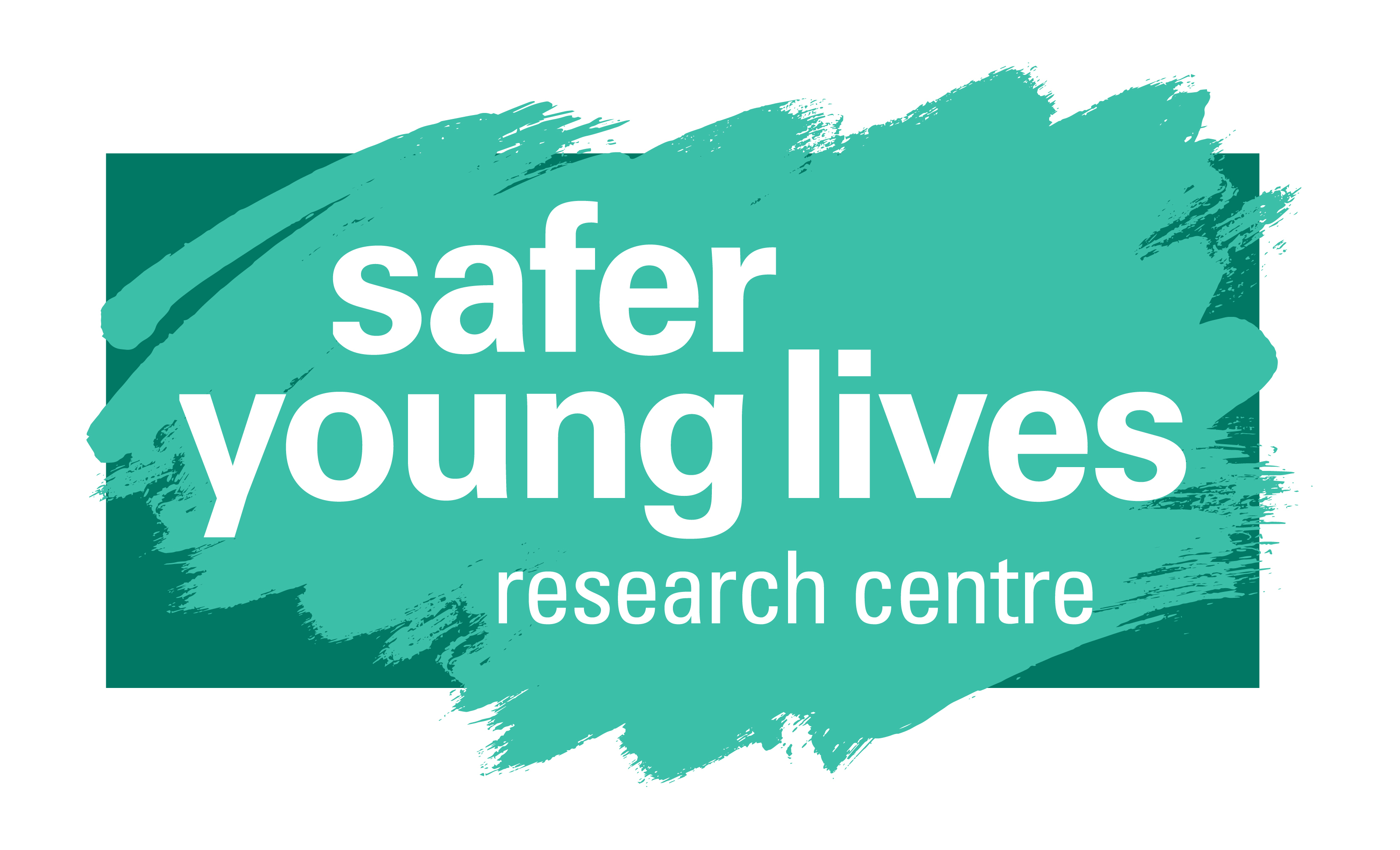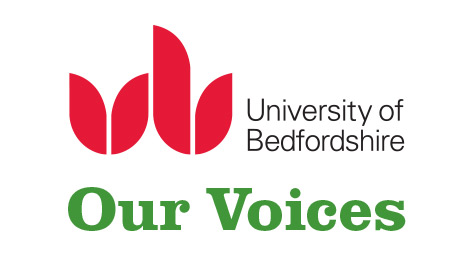What impacts do legally established minimum ages for providing consent to sexual activity have on young people?

The Our Voices project team, together with four OVUN members, is leading a strand of work on the impacts that legally established minimum age for providing consent to sexual activity have on young people. During initial discussions we identified issues for consideration when minimum ages of sexual consent are legally established, asking the question of whether the legal age of consent to sexual activity is created to protect children against harmful and premature sexual experiences, or created as a means of restraining children in their sexual autonomy. While the laws frequently cite child protection as a basis, is the consideration of young people’s sexual rights accommodated? Is the incentive based on the dominant moral codes of particular countries, or on informed evidence of how to improve child welfare? Do the laws also create the circumstances for potential harm if young people are assumed to have the same developmental needs, economic and social resources available to them? Inconsistent minimum ages between countries suggest that the legislation on this topic is influenced by more factors than developmental theory. Social, moral and economic considerations also influence when and why young people are deemed capable of making independent decisions about their sexual activity. This means we need to explore and understand these social, moral and traditional influences to grasp why these discrepancies exist. This blog is a starting point to identify discrepancies across the global context and explore some specific questions.
"In the eyes of the law, this can mean that children may be
held responsible for sexual behaviours they are
simultaneously not capable of consenting to engaging in"
It is commonly argued that by establishing a minimum age at which individuals can legally consent to sexual activity we are protecting children’s basic rights to freedom from harm of sexual violence (as detailed by the UNCRC articles 19, 32-36). It should therefore follow that such legislation would be informed by child development science - identifying at what age children hold the capacity to make decisions about their sexual engagements, to be able to distinguish between caring or harmful sexual interactions, and to be equipped to know what to do if they felt themselves to be at risk of harm.
Countries vary at the minimum ages that individuals can provide consent to sexual activity, although most have established minimum ages in the range of 16 to 18 years. Interestingly, there is little alignment amongst minimum age for providing consent to sexual activity and for other rights and freedoms such as voting, purchasing alcohol, marriage and criminal responsibility. For example, in the UK a child is deemed to be responsible for criminal activity from the age of 10, but deemed unable to consent to sexual activity until they are 16. In the eyes of the law, this can mean that children may be held responsible for sexual behaviours that they are simultaneously not capable of consenting to engaging in. Frequently, children are legally allowed to marry before they are legally allowed to consent to sexual activity.
Minimum ages for providing consent to sexual activities are often set around the moments children are understood to attain adulthood. It is argued that these birthdays therefore distinguish between children and adults, and thus these laws obstruct adults from engaging children in sexual activity. Yet such distinctions don’t align well with the nuanced and divergent pathways that we take to maturity and can result in unintended consequences. Fixed legislative rules can result in mature young people being prosecuted for making autonomous decisions about their sexual activities.
"Frequently, children are legally allowed to marry
before they are legally allowed to consent to sexual activity"
Some countries differentiate between a minimum age for sexual activity with adults as opposed to between same-age peers yet to achieve the minimum age. These countries stipulate in law what is known as a ‘close-in-age exemption’ for sexual activity that takes place between peers that have not yet met the minimum age. A close-in-age exemption protects young people from prosecution for sexual activity with peers whilst still prohibiting sexual activity between adults and children.
The OVUN network is interested in exploring this complex debate further. It wants to consider the line between appropriately protecting young people from harm while also enabling them to exercise autonomy over their emerging sexual rights. What best protects children from abuse while also providing opportunities for children to make decisions for themselves? Is it helpful to have an internationally agreed age for consent to sexual activity, overtly addressing inconsistencies around the world? We want to engage with both young people and professional colleagues working on child development, child protection and children’s rights so that we can, together, start to look at how we ensure that we challenge child abuse and exploitation without undermining the sexual rights of young people.
If you are interested in this strand of work, please contact Jenny.Pearce@beds.ac.uk
About the authors:
Jenny Pearce and Claire Soares form part of the Our Voices project team, with Jenny leading on the Our Voices University Network (OVUN). The other four authors have been working with us as leads on the OVUN’s ‘consent to sexual activity‘ strand of work:
Luisa Fernanda Fix-Cañas is a consultant and legal researcher with expertise in international law, human rights law, mental health, human trafficking and migration. She currently works at Kindernothilfe in Germany as the project’s manager for the reestablishment of children rights violations in Latin America and Asia and the development of materials and workshops for NGO’s with a human rights approach. Lina is a member of the OVUN leadership team.
Dr Mark Kavenagh is the Director of Evident, a small research company focused on supporting NGOs to make better use of data in child protection programming. In recent years his work has focused on the sexual exploitation of children. Mark is also a member of the OVUN leadership team.
Lina Mathew is another member of the OVUN leadership team and is based in Kerala, India.
Vidya Reddy is an OVUN member and is based at Tulir - Centre for the Prevention and Healing of Child Sexual Abuse, in India.






